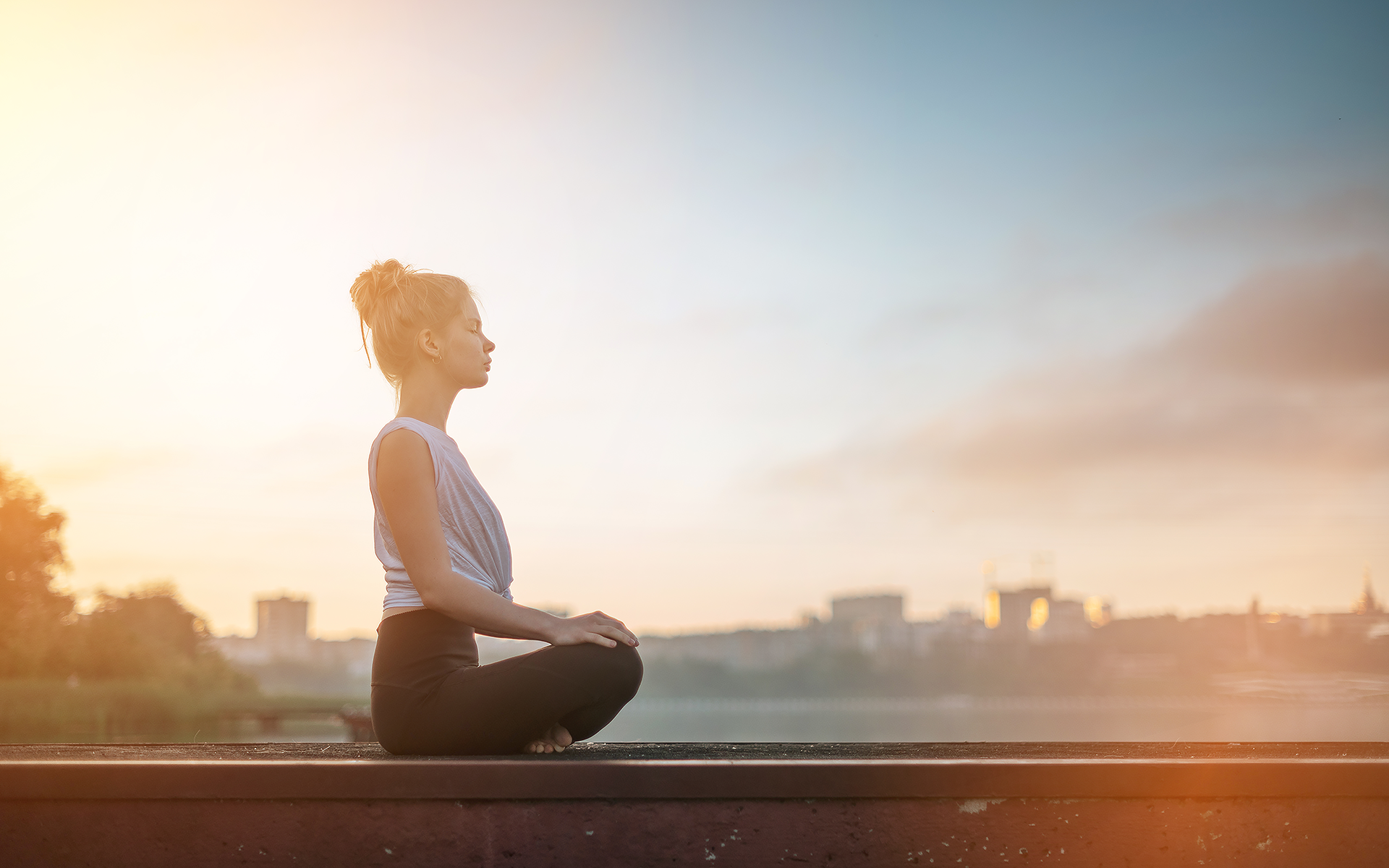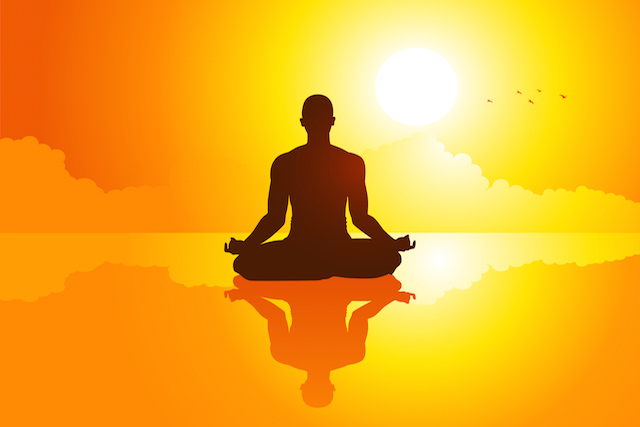Our general interest e-newsletter keeps you up to date on a wide range of health subjects.
Register now Meditation: A basic, quick method to reduce stress
Meditation can wipe away the day's stress, bringing with it inner peace. See how you can easily discover to practice meditation whenever you need it most.
By Mayo Center Personnel If tension has you distressed, tense and anxious, think about attempting meditation. Investing even a few minutes in meditation can restore your calm and inner peace.
Anyone can practice meditation. It's simple and inexpensive, and it doesn't require any special equipment. And you can practice meditation anywhere you are-- whether you're out for a walk, riding the bus, waiting at the physician's workplace and even in the middle of a tough organisation conference.
Comprehending meditation Meditation has actually been practiced for countless years. Meditation initially was meant to help deepen understanding of the sacred and mystical forces of life. These days, meditation is commonly used for relaxation and stress reduction.
Meditation is considered a type of mind-body complementary medicine. Meditation can produce a deep state of relaxation and a tranquil mind. During meditation, you focus your attention and eliminate the stream of jumbled thoughts that may be crowding your mind and causing stress. This process may result in enhanced physical and emotional well-being.
Benefits of meditation Meditation can give you a sense of calm, peace and balance that can benefit both youremotional well-being and your overall health.
And these benefits don't end when your meditation session ends. Meditation can help carry you more calmly through your day and may help you manage signs of specific medical conditions.
Meditation and psychological wellness When you practice meditation, you might eliminate the details overload that constructs up every day and adds to your tension.
The psychological advantages of meditation can consist of:
Meditation and disease Meditation might also be helpful if you have a medical condition, particularly one that may be intensified by stress. While a growing body of scientific research supports the health benefits of meditation, some researchers believe it's not yet possible to reason about the possible advantages of meditation. With that in mind, some research study recommends that meditation might assist individuals manage symptoms of conditions such as:
Be sure to speak with your health care provider about the pros and cons of using meditation if you have any of these conditions or other illness.

In many cases, meditation can get worse signs related to specific psychological and physical health conditions.
Meditation isn't a replacement for conventional medical treatment. But it may be an useful addition to your other treatment. Types of meditation
Meditation is an umbrella term for the lots of methods to an unwinded state of being. There are numerous kinds of meditation and relaxation methods that have meditation components. All share the same goal of attaining inner peace. Ways to practice meditation can consist of:
Directed meditation. In some cases called directed imagery or visualization, with this method of meditation you form mental images of locations or scenarios you discover relaxing.
You try to use as many senses as possible, such as smells, sights, sounds and textures. You might be led through this procedure by a guide or instructor.
Mantra meditation. In this type of meditation, you silently repeat a calming word, believed or expression to avoid distracting thoughts. Mindfulness meditation. This type of meditation is based upon being conscious, or having actually an increased awareness and acceptance of living in the present moment.
In mindfulness meditation, you widen your mindful awareness. You concentrate on what you experience during meditation, such as the flow of your breath. You can observe your thoughts and feelings, however let them pass without judgment. Qi gong. This practice normally combines meditation, relaxation, physical movement and breathing exercises to bring back and preserve balance. Qi gong (CHEE-gung) belongs to traditional Chinese medicine. Tai chi. This is a form of gentle Chinese martial arts. In tai chi (TIE-CHEE), you carry out a self-paced series of postures or movements in a slow, graceful manner while practicing deep breathing.
Transcendental Meditation ®. Transcendental Meditation is an easy, natural technique. In Transcendental Meditation, you silently duplicate a personally designated mantra, such as a word, sound or phrase, in a specific method. This type of meditation may allow your body to settle into a state of extensive rest and relaxation and your mind to attain a state of inner peace, without requiring to use concentration or effort. Yoga. You perform a series of postures and regulated breathing workouts to promote a more flexible body and a calm mind. As you move through poses that need balance and concentration, you're motivated to focus less on your hectic day and more on the moment.

Different kinds of meditation might include different functions to assist you meditate. These may differ depending upon whose guidance you follow or who's teaching a class. Some of the most typical functions in meditation include: Focused attention. Focusing your attention is usually among the most essential elements of meditation.
Focusing your attention is what assists totally free your mind from the numerous distractions that trigger tension and worry. You can focus your attention on such things as a specific things, an image, a mantra, and even your breathing. Relaxed breathing. This strategy includes deep, even-paced breathing using the diaphragm muscle to expand your lungs. The function is to slow your breathing, take in more oxygen, and minimize making use of shoulder, neck and upper chest muscles while breathing so that you breathe more efficiently. A peaceful setting. If you're a novice, practicing meditation may be much easier if you remain in a quiet area with couple of diversions, including no television, radios or cellphones.
As you get more experienced at meditation, you might have the ability to do it anywhere, particularly in high-stress scenarios where you benefit the most from meditation, such as Click here for more a traffic congestion, a stressful work conference or a long line at the grocery shop. A comfortable position. You can practice meditation whether you're sitting, resting, strolling, or in other positions or activities. Just try to be comfy so that you can get the most out of your meditation. Objective to keep good posture throughout meditation. Open attitude. Let thoughts travel through your mind without judgment.